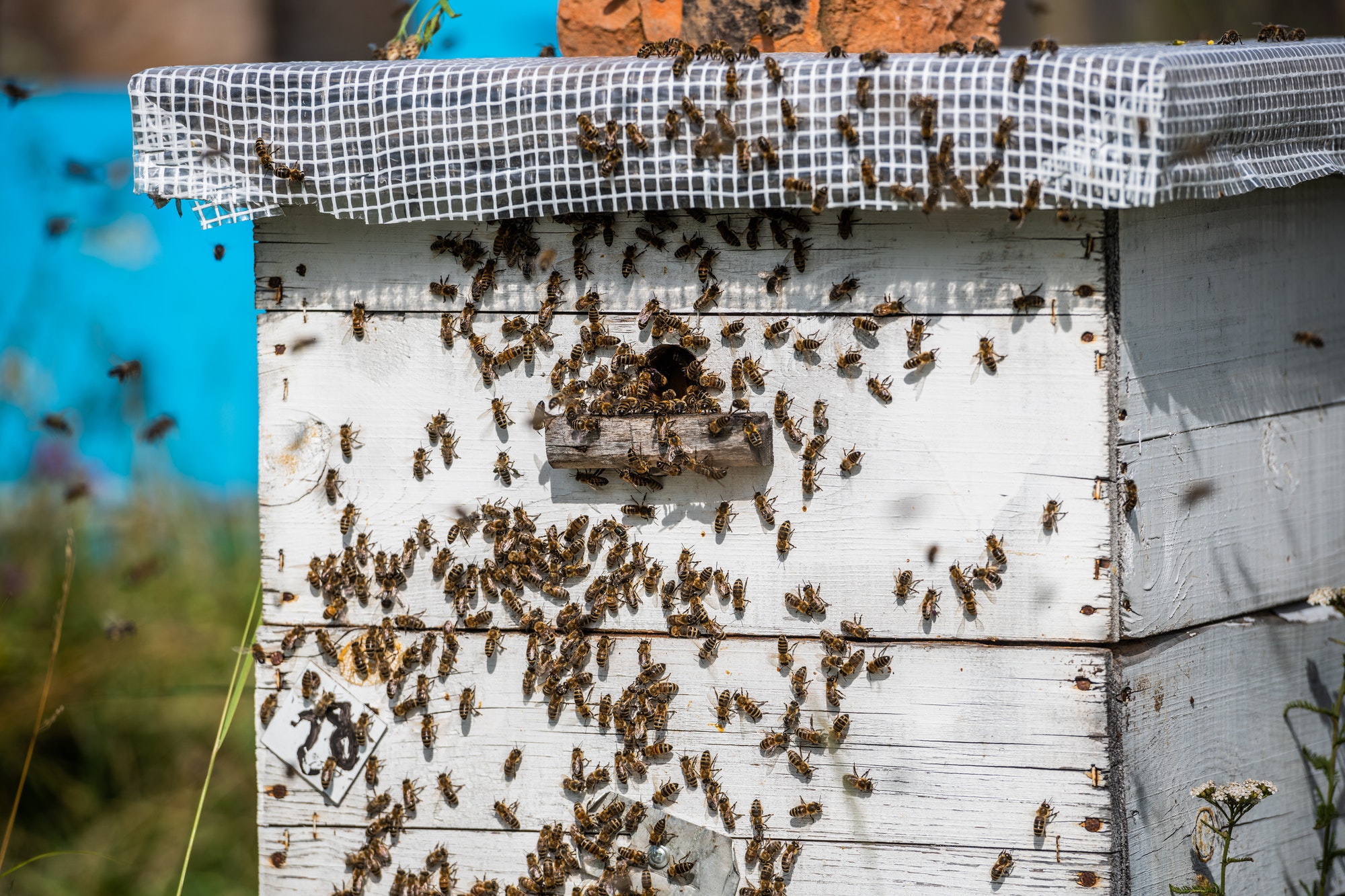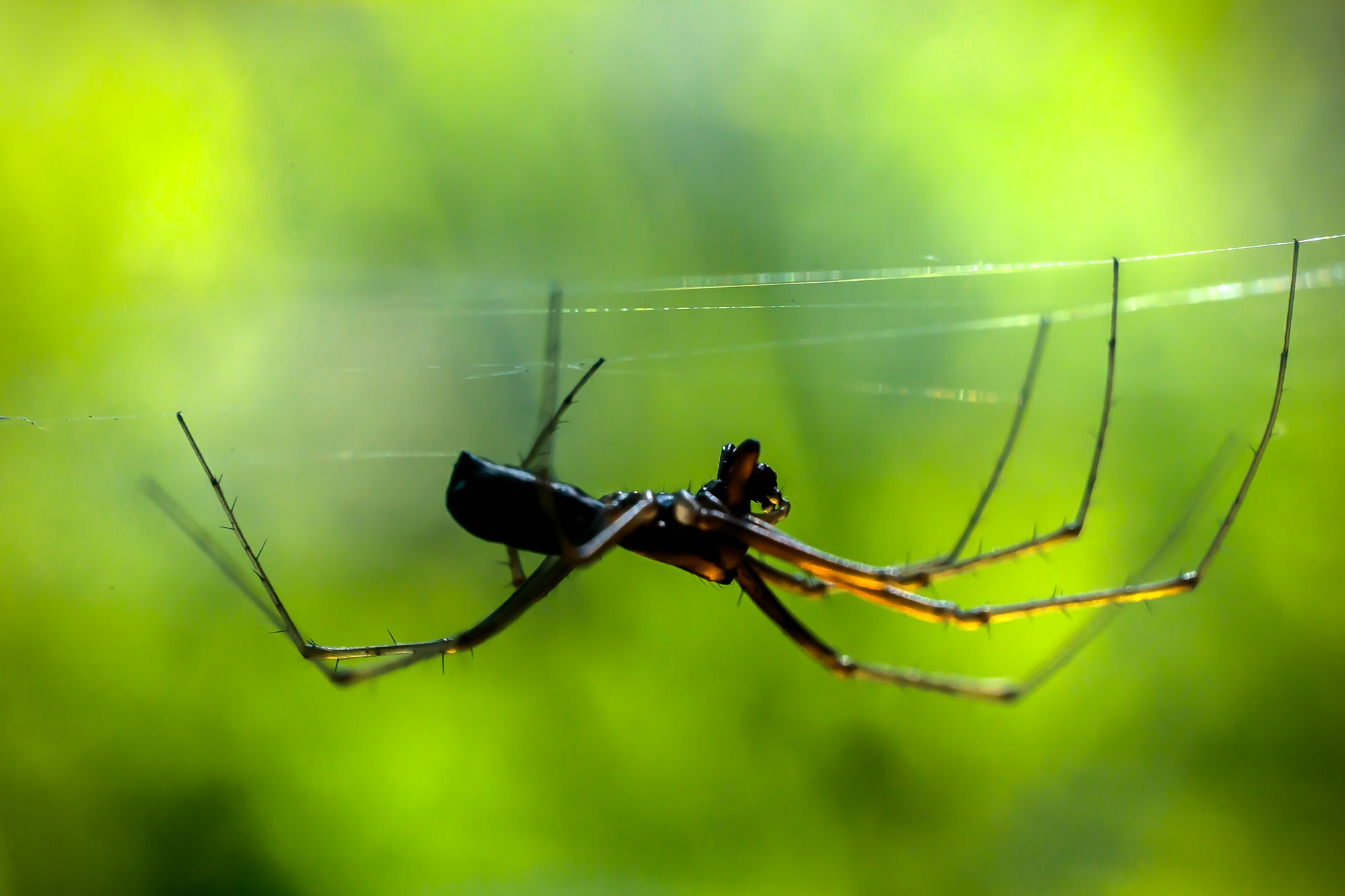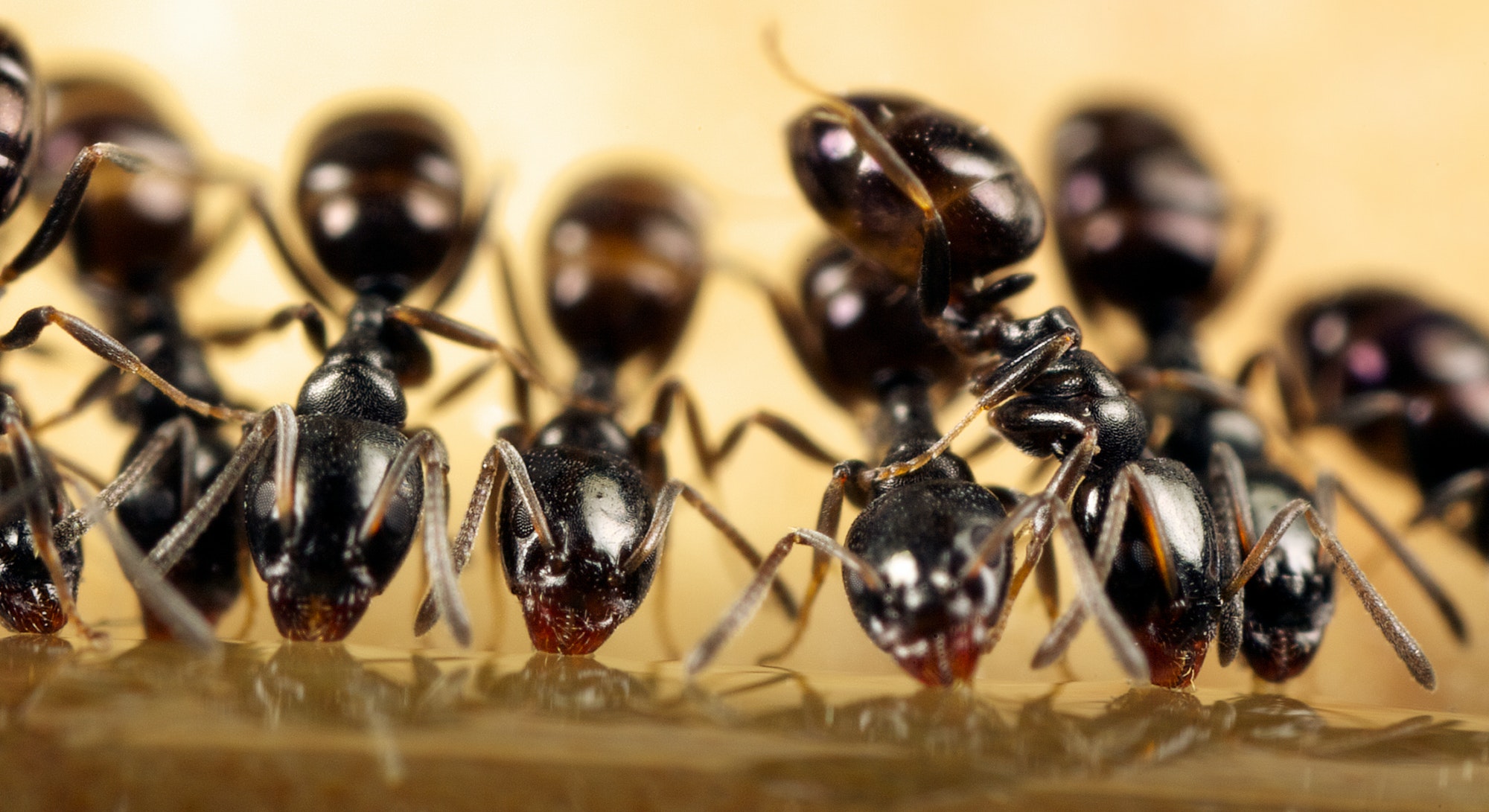Why Bees Are Important For The Ecosystem?
Without bees in our ecosystems, communities would fall apart. Bees give us honey and pollinate our plants. Many different bees exist in the world providing many benefits to plants as well as ourselves. In an ecosystem, every living organism is important and can affect one another if its species is threatened.
For example, if a fox were to go extinct then its prey, such as rabbits, would increase in population causing the ecosystem to fall apart due to a chain of events leading back to extinction.
Bees are pollinators as are butterflies, flies, wasps, moths, beetles, birds, bats, and lizards. Every pollinator only visits plants because they need food, once they are full they are done pollinating.
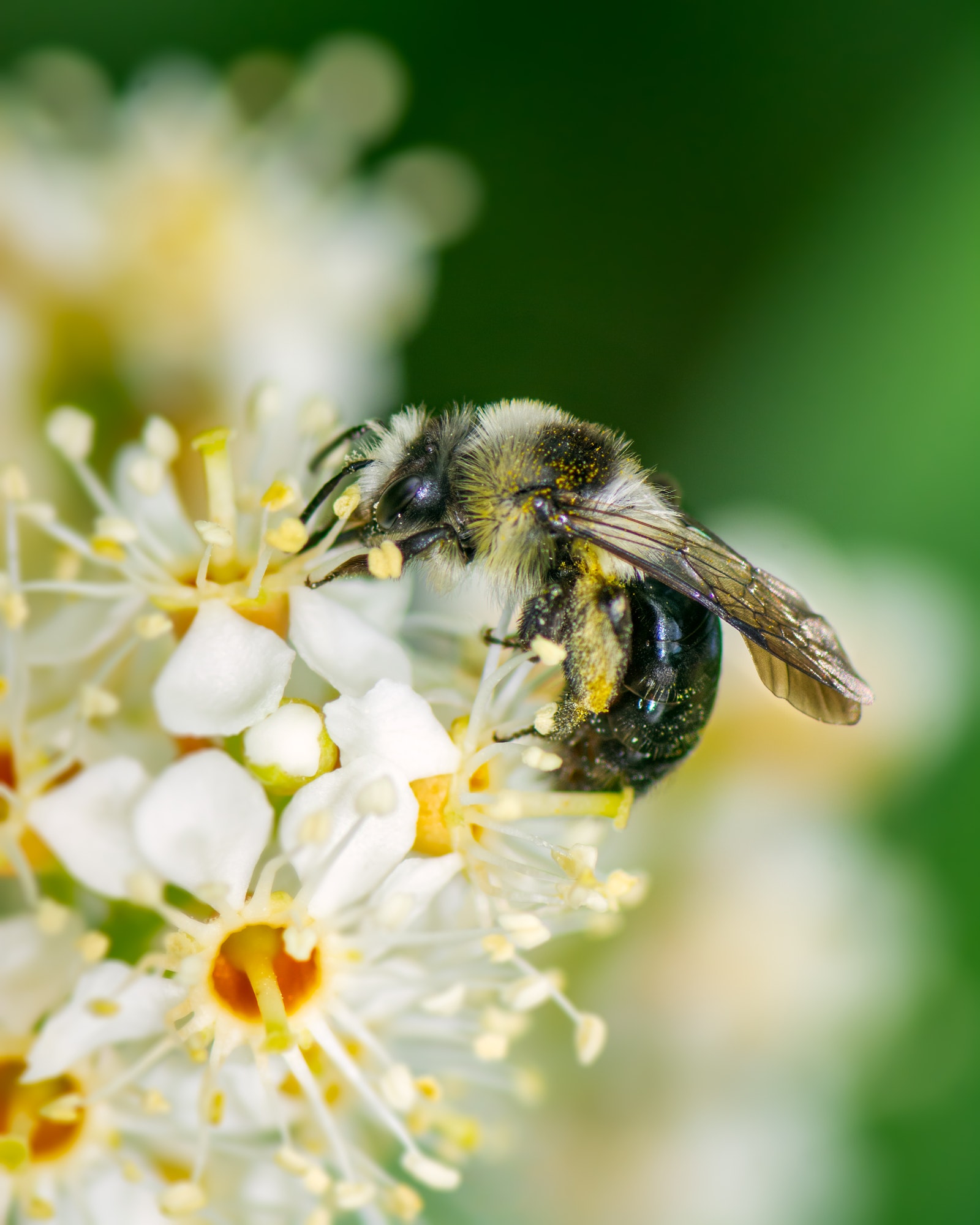
However, bees are different because they pollinate to stock their nests. Pollinators help pollinate a variety of plants in different ecosystems. Pollinating plants helps them grow, breed, and produce food.
According to Friends of the Earth, pollinators’ jobs are to transfer pollen between plants to keep their life from ending and to keep new ones growing (Friends of the Earth Limited, 2017). “More than 90% of the leading global crop types are visited by bees” (Friends of the Earth Limited, 2017). This quote proves that bees are an essential part of our ecosystem.
There are numerous bees in the world. According to Friends of the Earth, “There are over 20,000 known species of bee globally (Friends of the Earth Limited, 2017).” Some bees can only pollinate certain plants. As an example of this that Friends of the Earth gives, “In the UK the scabious bee, our largest mining bee, needs the pollen of field scabious or small scabious to provision its young. (Friends of the Earth Limited, 2017)”
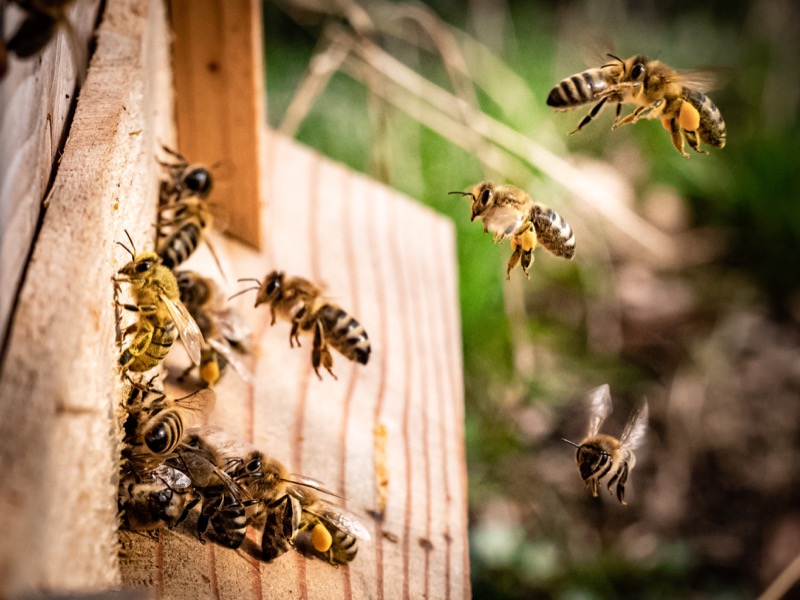
The main decline of bees is the loss of habitats due to new environments being created. If the field scabious or small scabious plants that grow on sandy or chalky open grasslands were threatened, the scabious bee population would be impacted greatly.
Because bees pollinate so many plants, we can have foods like apples, pears, blueberries, cherries, beans, and many others. Another important plant they help pollinate is cotton. I wear cotton every day so I would be impacted if the extinction of bees came to pass.
Bees have branched-like hairs called scopae or combs of bristles called pollen baskets on their legs. They use them to collect pollen. Bees allow humans to have nutritious foods and the ability to have a steady diet. Without bees, we would be impacted by the variety of plants available to us, causing our food supply to get cut. Because they pollinate clover and alfalfa, we will have a huge cut on livestock feed causing us to have less meat.
A quote from the Friends of the Earth, “Loss of pollinators could lead to lower availability of crops and wild plants that provide essential micro-nutrients for human diets, impacting health and nutritional security and risking increased numbers of people suffering from vitamin A, iron and folate deficiency. (Friends of the Earth Limited, 2017)” We will survive without them but our ecosystem will be greatly impacted.
Author: Noah Ruzicka
University of Nebraska, Lincoln
Bibliography
- Friends of the Earth Limited. (2017, July 25). Why do we need bees. Retrieved from Friends of the Earth: https://friendsoftheearth.uk/bees/why-do-we-need-bees#:~:text=Bees%20are%20vital%20to%20a%20healthy
